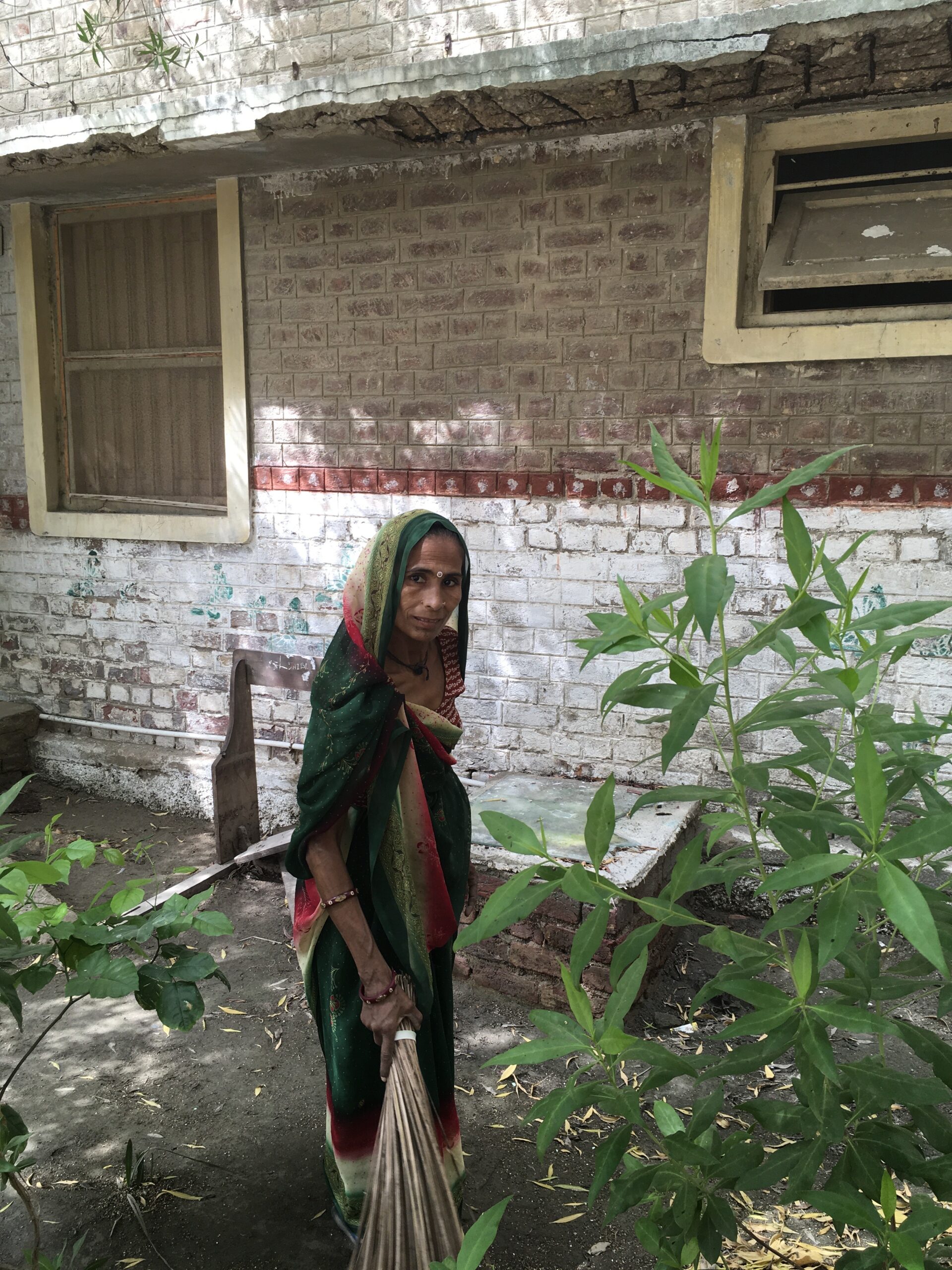Pakistan: Government Scrambles to Cover up an Ugly Story on Manual Sewage Workers
An AFP report mentioned how public bodies specifically reserve menial cleaning jobs for “non-Muslims”. These are jobs for Christians and Hindus.
On April 19, the Municipal Corporation of Sialkot showcased sanitation workers utilizing machines to clear obstructed sewage. It was a public relations exercise to combat a stinging AFP report earlier in the month showcasing how rampant institutionalised discrimination is when it comes to the undignified work of cleaning sewage waste.
The AFP report titled ‘Pipe dreams: Pakistan sewage workers hope for better future' mentioned how public bodies specifically reserve menial cleaning jobs for “non-Muslims”. These are jobs for Christians and Hindus.
Caste and religion based discrimination is not really discouraged by the Pakistani state. Officially, the caste system does not exist in the country. Yet, polluting occupations like cleaning the sewage system requires either lower caste Hindus or Christians converted from among lower caste Hindus. In 2019, for instance, the Pakistani military placed newspaper advertisements for sewer sweepers with the caveat that only Christians should apply.
Manual scavengers are usually from caste groups customarily relegated to the bottom of the caste hierarchy and confined to livelihood tasks viewed as deplorable or deemed too menial by higher caste groups. Their caste-designated occupation reinforces the social stigma that they are unclean or “untouchable” and perpetuates widespread discrimination. Women usually clean dry toilets, men and women clean excrement from open defecation sites, gutters, and drains, and men are called upon to do the more physically demanding work of cleaning sewers and septic tanks. Pakistan's minority groups are saddled with occupations that nobody else wants to do. It illustrate how abusive descent based work can get in the country.
Christians make up only 1.6 per cent of Pakistan's population. But they account for about 80 per cent of all sweepers, rights activists say. The remainder of the jobs are taken up by lower caste Hindus.
These professions have become the bane of people coming from Hindu Dalit or Christian homes in Pakistan. The professions are passed on from parents to children, leaving the minority communities in the country open to discrimination and abuse for the work they do.
The practice of manually cleaning excrement from private and public dry toilets and open drains persists in several parts of South Asia. Across much of undivided India, now consisting of India, Pakistan and Bangladesh, consistent with centuries-old feudal and caste-based custom, women from communities that traditionally worked as “manual scavengers,” still collect human waste on a daily basis, load it into cane baskets or metal troughs, and carry it away on their heads for disposal at the outskirts of the settlement.
Legislative and policy efforts to end manual scavenging have met with little or no success and the affected people remain unaware of their right to refuse this role – while those who do refuse are vulnerable to intense social pressure, including threats of violence and expulsion from their villages, often with the complicity of local government officials.
Pakistan has taken a few baby steps curb discrimination based on descent. For instance, a bill was passed in 2009 to reserve 5 per cent of all government jobs for non-Muslims – but there is little achievement on this score.
In the sprawling city of Lahore, Pakistan's political and cultural hub, sweepers bodily unclog sewers that transport about 2,000 litres of waste its 14 million residents produce – including feces and hazardous refuse. All of it, without any protective equipment. They are not recognised as formal workers and are underpaid.
The April 19 move by the government of Pakistan involved sending a string of photographs to media houses of workers cleaning clogged drains with the help of machines.
It was meant to combat the adverse publicity from the AFP story, highlighted with images of a nearly naked Shafique Ahmed Massih, Chair of the Punjab Sanitation Workers Union. The report quoted him say, “People go to the toilet, flush the toilet, and all the dirt gets dumped on us.”
Shafique later told the International Labour Organisation (ILO) that his father too was also a sanitation worker and his mother a cleaner.
“No one goes into a sewer willingly. But when your kids are starving, these things do not matter,” the ILO quoted him as saying. “Children, wife, family, all these things take priority.”
“The most frightening thing is the gases that can be released. Some sewer gases can't be assessed from the outside. It's only when you're in and move your feet in the sludge that those gases rise up. They can be so toxic that a person can die within seconds.”
Even doctors won't treat them. Irfan Masih, a sanitary supervisor in the Sindh province fainted in a sewer heavy with poisonous gases in June 2017. Government doctors refused to touch his sludge-drenched body, arguing that it was the holy month of Ramadan. Irfan Masih died.



disgraceful. it’s a shame.
disgraceful. it’s a shame.